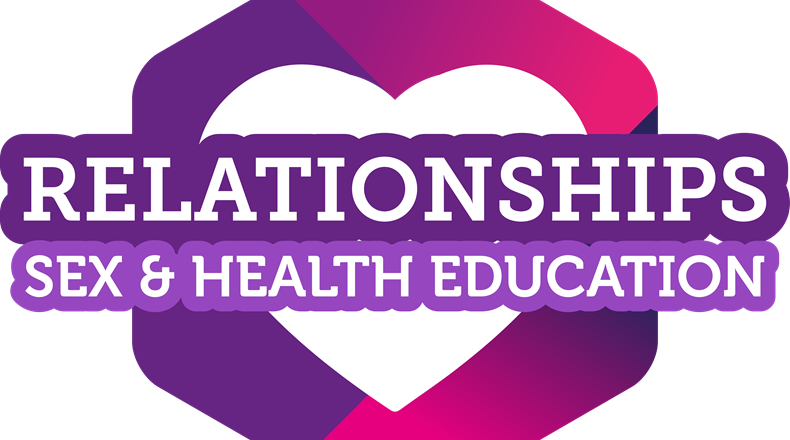RSHE
Relationships, Sex and Health Education
Rationale:
Relationships, Sex and Health Education are compulsory elements of the curriculum in maintained schools. The aim is that teaching will build on the knowledge acquired at primary school and develop further pupils’ understanding of health, with an increased focus on risk areas such as drugs and alcohol, as well as introducing knowledge about intimate relationships and sex at age-appropriate points.

Teaching about mental wellbeing is central to these subjects, especially as a priority for parents is their children’s happiness. We know that children and young people are increasingly experiencing challenges, and that young people are at particular risk of feeling lonely. The subject content will give them the knowledge and capability to take care of themselves and to access support if problems arise.
All of this content will support the wider work of our school in helping to foster pupil wellbeing and develop resilience and character, which we know are fundamental to pupils being happy, successful and productive members of society. Central to this is pupils’ ability to believe that they can achieve goals, both academic and personal; to stick to tasks that will help them achieve those goals, even when the reward may be distant or uncertain; and to recover from knocks and challenging periods in their lives.
This should be complemented by development of personal attributes including kindness, integrity, generosity, and honesty.
Aims
- To understand how to form and manage relationships
- To appreciate what a healthy and unhealthy relationship looks like
- To learn about managing sexual relationships
- To Learn about choices in relation to pregnancy
- To have an appreciation and tolerance of others protected characteristics
- To be aware of how to identify and report abuse
- To know what constitutes as sexual harassment and why it is unacceptable
- To be aware of how to stay safe in everyday life
- To be aware of how to stay healthy
- To understand the factors that affect mental health
Curriculum
KS3
Year 7
- Internet Safety & Harms
- Inappropriate content
- Fake News
- Respectful and positive relationships and friendships
- Families and relationships
- Changing adolescent bodies
Year 8
- Internet Safety & Harms
- First to a million (Online Protection)
- Sharing Inappropriate Images
- Online Hate
- Healthy eating
- Respectful versus coercive relationships/consent
Year 9
- Internet safety & harms
- Cyber Security
- Online Data and Cookies
- How Data is Used and Shared
- Intimate and sexual relationships
- Mental wellbeing
- Healthy Lifestyles
- Drugs, alcohol and tobacco education
KS4 and Cross Curricular
KS4
- Positive and respectful relationships
- Family and relationships
- Intimate and sexual relationships
- Mental Wellbeing
- Online & media risks
- First aid
Cross Curricular
Other themes are delivered across the curriculum and include but are not exclusive to:
- Family and relationships in RE
- Reproduction in Science
- Prejudice and discrimination in Technology (photoshop unit)